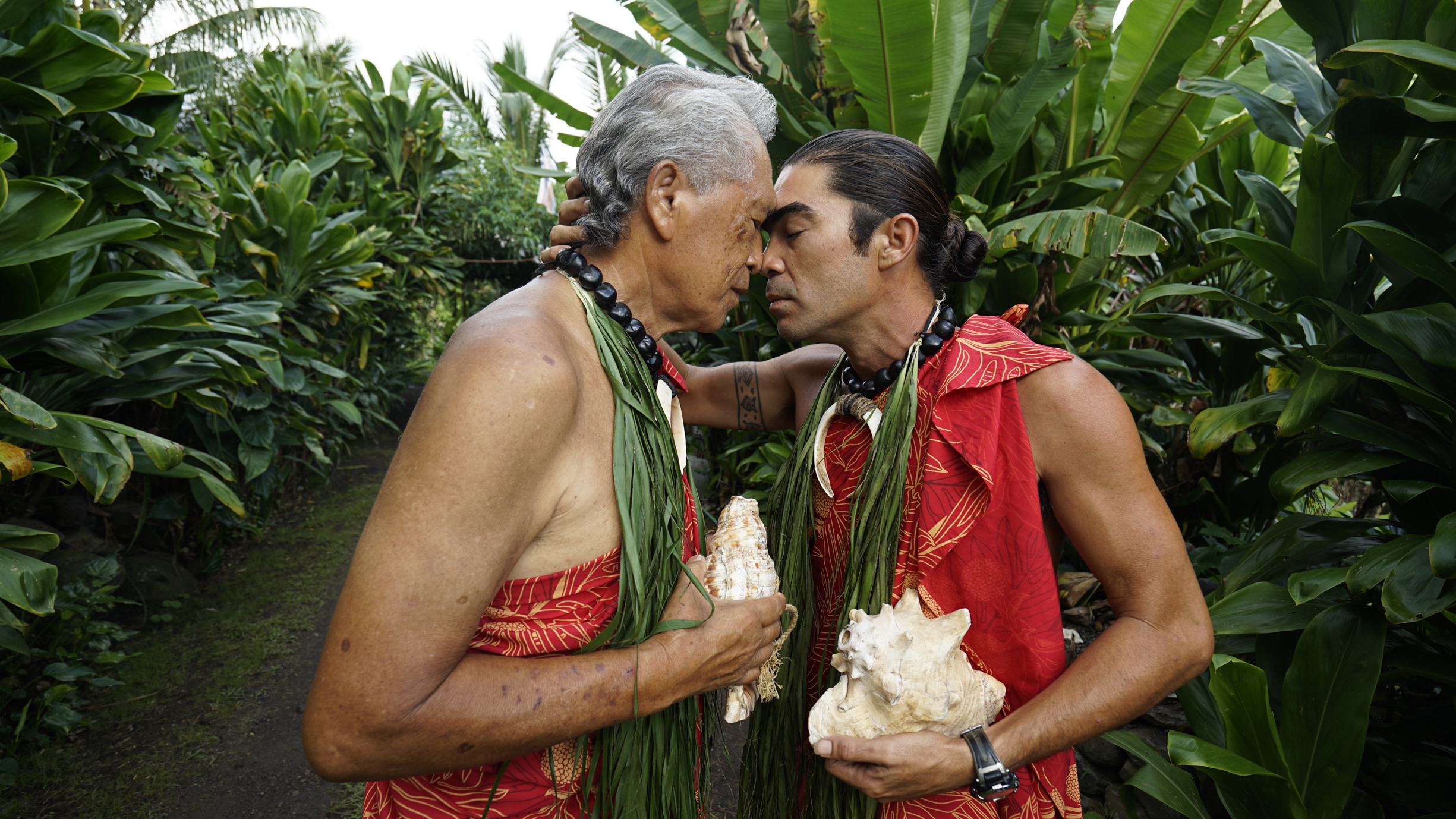To connect with the under-30 crowd, NPR tries face time
Count NPR among the media outlets looking to cultivate a new generation of fans at South by Southwest Interactive, the annual conference in Austin, Texas, where legacy media and corporate brands compete for mindshare among digital thought leaders from Generations X and Y.
NPR chose SXSWi to publicly unveil Generation Listen, a marketing initiative that aims to mobilize listeners in their 20s and 30s looking to not only consume but engage with their media of choice. The concept is the brainchild of Danielle Deabler, director of media relations, who recognized that NPR’s tactics for engaging this audience had to stretch beyond the programs and web content that it produces.
To attract younger listeners, Deabler said, NPR had “to get these young people in front of the personalities, in front of the content, in front of the journalists and programming and discussions that they hear every day on NPR.” She spent two years shopping her idea to NPR stakeholders and colleagues beginning in 2011.
Deabler, the only NPR employee actively working on the initiative, organized a seven-member founding advisory committee and extended invitations to last year’s Weekend in Washington, an annual event for stations and the NPR Foundation to cultivate relationships with major donors. A select group of 20 “young thought leaders” traveled to NPR headquarters for the event, mingling with hundreds of middle-aged donors, meeting NPR celebrities and touring the new building.
Anneke Jong, v.p. of business development and co-founder of web branding startup Bread, penned a 2,600-word point-by-point personal blog describing highlights of the trip, including her run-ins with NPR personalities such as Neal Conan, host of Talk of the Nation, which is to go off the air in June. Deabler later invited Jong to serve on Generation Listen’s advisory board, a separate group comprised of 30-some members that also advises Deabler.
The smaller seven-member founding committee includes entrepreneurs, talent agents and one celebrity: actor Colin Hanks, whose TV credits include Roswell, The Good Guys and Dexter. Hanks was NPR’s guest during the 2012 White House Correspondents’ Association Dinner. Deabler invited the 35-year-old Hanks, whom she called “a big supporter and champion of [Los Angeles’] KCRW,” to serve on the committee. He is its only member over the age of 30.
Deabler is also recruiting an intern — the job posting seeks “a passionate NPR fangirl or fanboy” — to manage its social media accounts and assist in strategic planning efforts. The Generation Listen intern will join the rest of the summer 2013 NPR intern class.
“I’ve found that as much as this generation are digital natives and love to be online, they also like that in-person experience,” Deabler said. She oversees Facebook and Twitter accounts for Generation Listen, but her advisors agree that in-person connections must be a key element of NPR’s pitch to young people.
“I don’t think it’s a matter of flipping people, of converting them,” said Audrey Buchanan, founding advisory committee member who works as a digital project developer at Summit, an events company focused on entrepreneurs. “I think that it’s [about] bringing people together in person and demonstrating the intrinsic value of why being informed is important, of why being the most informed generation of our time is important.”
These American millennials
The March 10 launch party at SXSWi was Generation Listen’s first shot at public engagement. It featured live music and TED Radio Hour host Guy Raz, and was covered by the New York Times.
Jong sees live events at festivals and other gatherings that draw young adults as key to expanding NPR’s reach.
NPR and Austin’s KUT paired up to host the SXSW party, and Deabler said Generation Listen plans to work with member stations to organize live regional events. She also plans to partner with stations that have already organized listener groups of young professionals, such as Washington, D.C.’s WAMU.
In its social media activities, Generation Listen occasionally rides on the appeal of pubradio programming from other distributors by sending off tweets and Facebook posts about non-NPR programs such as PRI’s This American Life.
TAL’s immense popularity among young people — Jong deemed it a key “gateway drug” — helps to extend Generation Listen’s appeal and is intended to benefit public radio in general. Deabler, who hasn’t discussed the initiative with PRI, said Generation Listen is “more interested in public radio producers as a whole.”
Generation Listen originated within NPR and people already have a strong affinity for NPR’s brand, Deabler said. “If we can leverage that brand on behalf of all public radio, then I think we should.”
Generation Listen must also develop tactics for turning its young listeners into members and sustainers, a task likely to be more difficult.
“Our generation is much more about providing intellectual capital and assistance from marketing and social media,” Buchanan said, adding she has not pledged money to public radio — only her time and expertise. “That’s our barter tool. It’s usually less about finances because we’re all bootstrapped … we’re all fundraising ourselves.”
Generation Listen isn’t looking to raise money for NPR, Deabler said, but to serve as a mobilizing force for its young influential listeners to unite around. “They’re very interested in making an impact. And it might not be financial,” Deabler said.
Jong, a regular financial contributor to NPR who travels so much for work that she routinely donates to stations across the country, believes that millennials are “starting to understand just now that you have to pay for the content you consume.”
Selling NPR as a cause worth donating to, similar to President Obama’s record-breaking 2012 campaign for reelection, will make donating more appealing, she said. “This is a generation that gets super, super attached to causes.”
And NPR wants public radio to be seen as a cause worth donating to.






